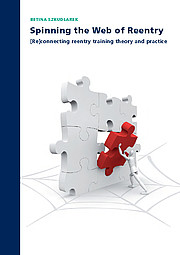Spinning the Web of Reentry: (Re)connecting Reentry Training Theory and Practice Defended on Friday, 31 October 2008
Reentry transition has often been documented as potentially being the most challenging phase of the international transition cycle. Moreover, while the expatriating individuals are thoroughly prepared for their international sojourn, the returning individuals and their organizations rarely expect any adjustment difficulties upon reentry. This trend of underplaying the difficulties of reentry translates directly into the quantity and quality of available repatriation support practices and empirical research addressing them. This dissertation directly tackles this issue. To begin with, a comprehensive analysis of the field of cross-cultural reentry training is presented by means of two distinctive theoretical streams, after which a number of recommendations related to the training’s design and execution are introduced. Furthermore, the issues related to the ethics and politics going on behind the scenes of HRM practices are exposed and directly challenged. On the theoretical level, the twofold examination undertaken in this study leads to acknowledging two important factors. Firstly, the distal approach to organizations is insufficient for comprehending their complexity. Secondly, only analysing the content-related aspects limits our possibilities for fully understanding of organizational practices. Consequently, this dissertation advocates a proximal, processual approach to conducting empirical studies as an alternative for the existing, often oversimplified research accounts.
Keywords
reentry training, repatriation, Actor-Network Theory (ANT)











